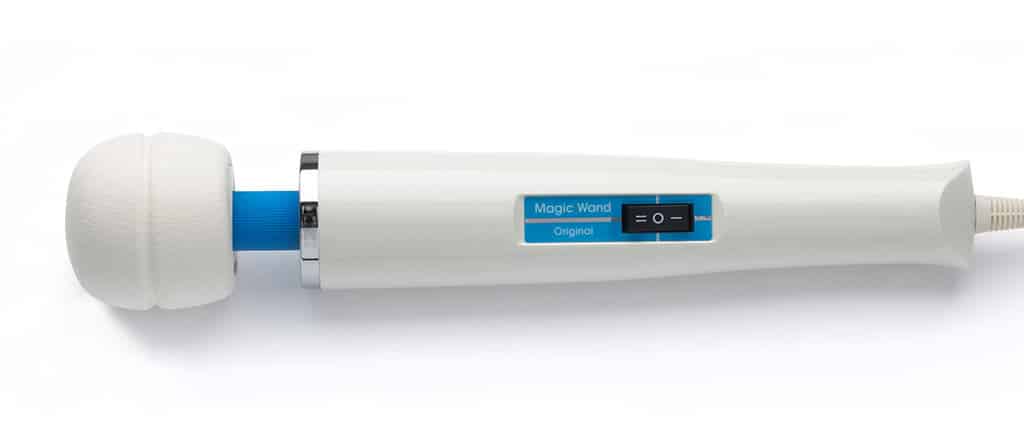A panel of judges has ruled that the sale of sex toys in Sandy Springs, Georgia isn’t a constitutional right – and that as such, they’re still illegal to sell.
In declining to overturn a pre-existing ban, it’s not just sex toys (yes, that would include your teledildonics devices) that aren’t allowed. Items deemed “obscene” are illegal, though medical devices are not (a suitably vague definition that echoes the attitudes in India). In some ways, that leaves the potential for marketing to mean the difference being banned or not. Is the Hitachi massager a vibrator or not?
The federal court’s ruling seemingly came almost unwillingly, noting that in order to overturn the lower court in the current case, it would also have to overturn another ruling in a different case in 2004 that it essentially didn’t have a choice because a separate appeals court in the same circuit. That, it said, it couldn’t do.
“We are obligated to follow [the previous ruling] even though convinced it is wrong,” the judges ruled, according to YNot.
The exact wording for the Anti-Obscenity Enforcement Act is:
“Any person to knowingly distribute, possess with intent to distribute, or offer or agree to distribute any obscene material or any device designed or marketed as useful primarily for the stimulation of human genital organs for any thing of pecuniary value.” – Code of Alabama – Title 13A: Criminal Code – Section 13A-12-200.2
In upholding the clearly outdated law ignores not just the average pleasure-seeker, but also people who need to use sex toys to fully enjoy sex and overcome medical limitations, like multiple sclerosis or diabetes, which can reduce the feeling of stimulation.
The federal appeal’s court judges suggested that in order to have a ruling overturned, the plaintiff should request an en banc hearing, which would require all the circuit judges to hear the case, thereby eliminating the need for a previous ruling to be overturned.









Leave a Reply